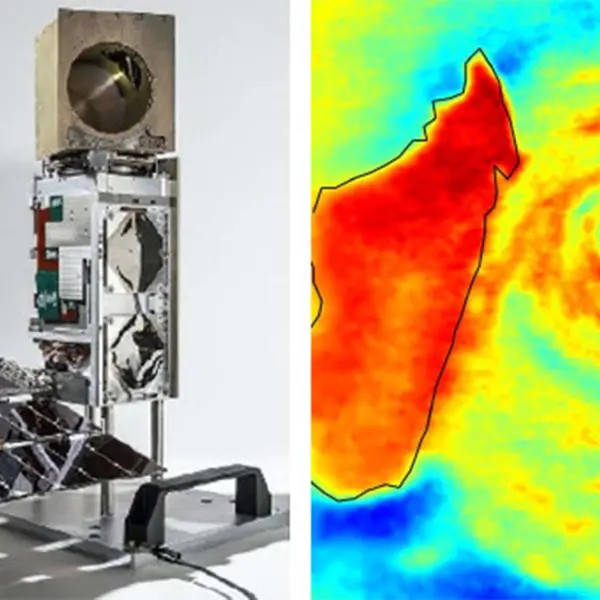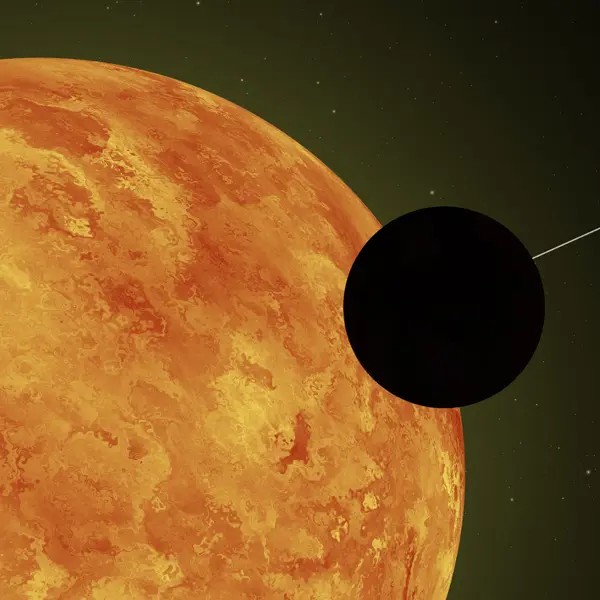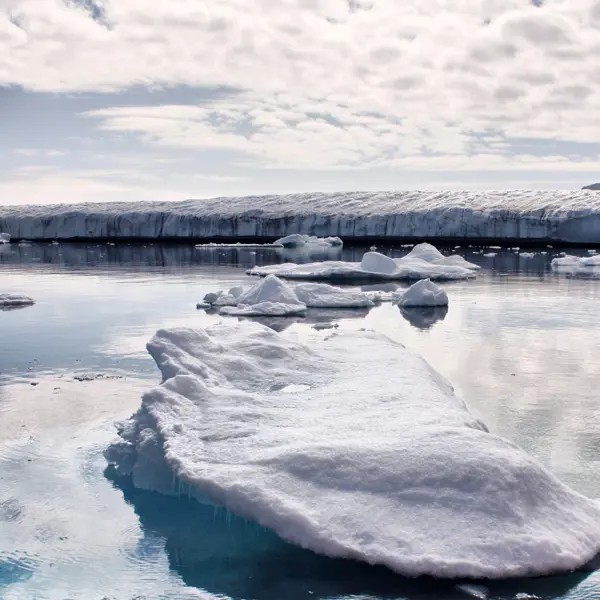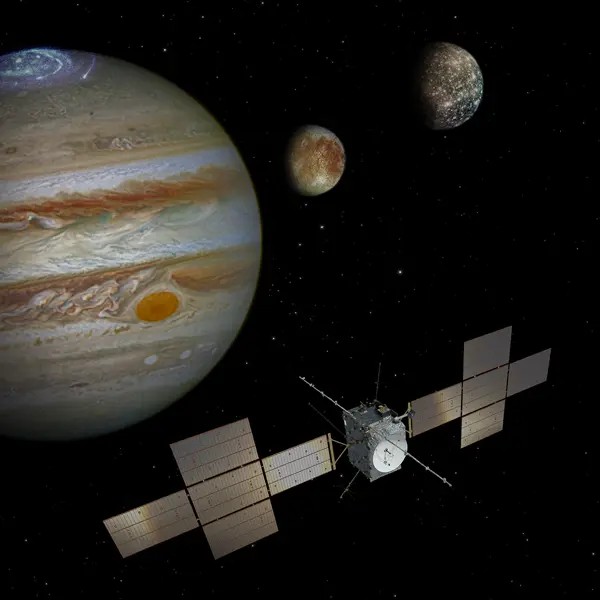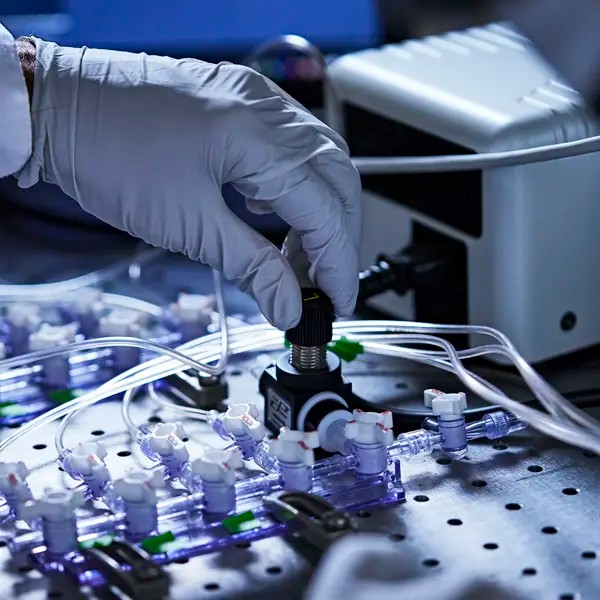In focus of Space
Chalmers' overarching research areas of Space
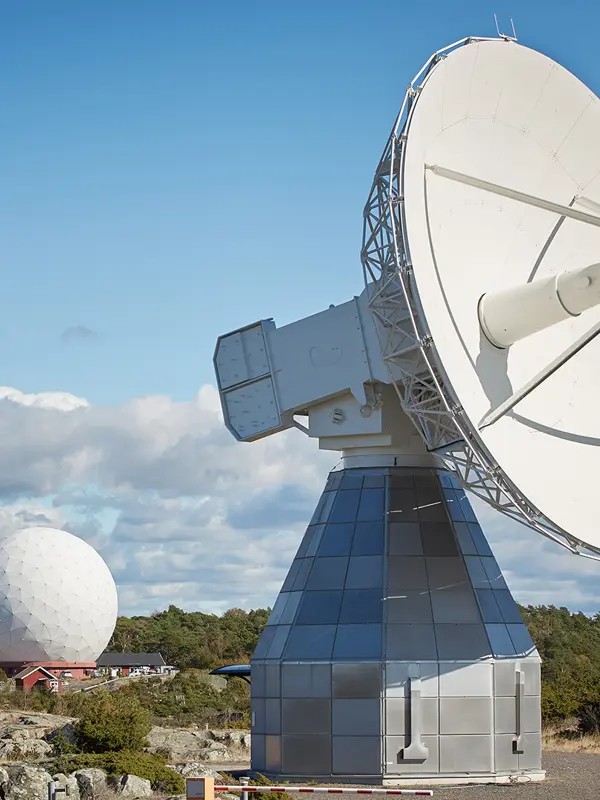
Space Science & Exploration
Human curiosity drives us to understand and explore Space and our place in it.
We conduct research on the Solar System, distant stars and their planets, galaxies, and the Cosmos as a whole. We are actively involved in the development and use of ground- and space-based infrastructures. We are involved in technology development from radio up to THz frequencies for space activity and host Onsala Space Observatory, a national infrastructure which combines research in and technological developments for geodynamics and radio astronomy.
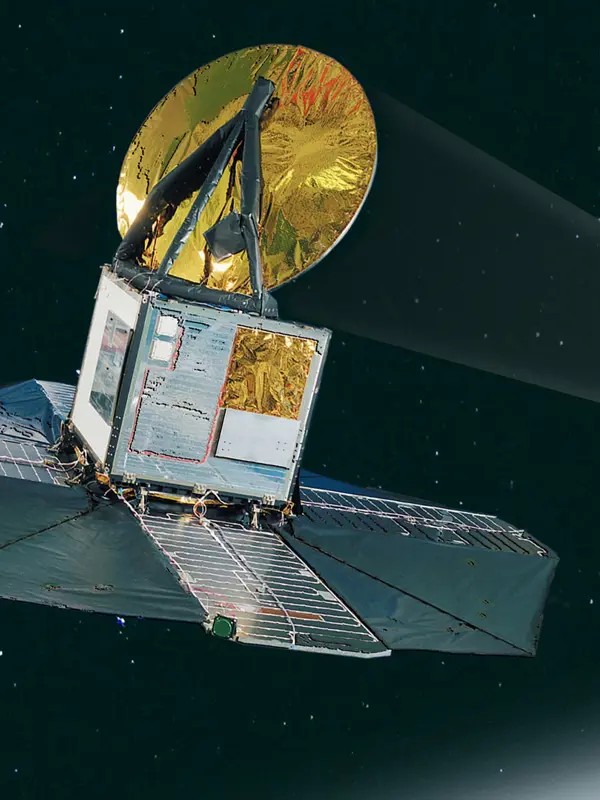
Earth System, Climate & Environment
Understanding our planet is key to ensuring a sustainable future.
We have a leading role in national and international satellite missions for remote sensing and space geodesy. We derive bio- and geophysical products and contribute to maintaining the terrestrial and celestial reference frames. Using space geodesy, remote sensing, and complementary data, we research the Earth System on a global scale, investigate geodynamic phenomena, and climate change processes and support meteorological, hydrological and environmental agencies.
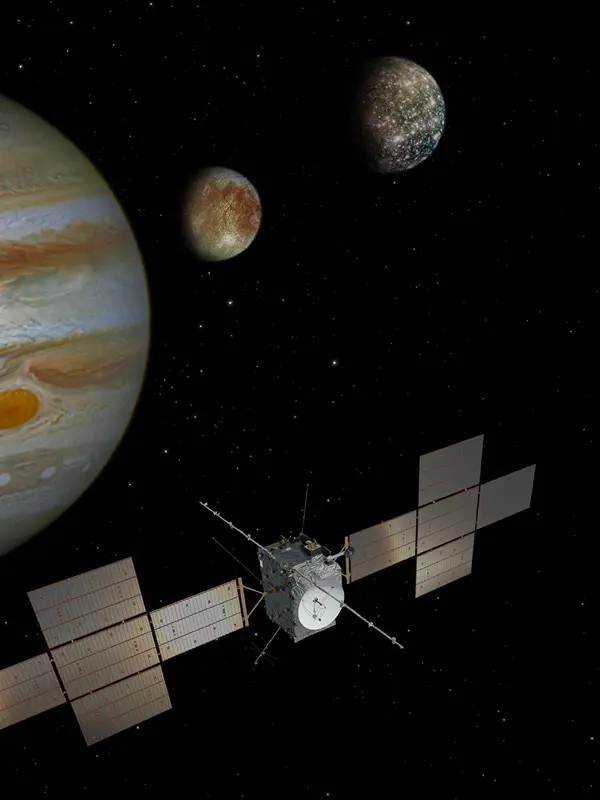
Sensing & Communication
Society's sustainability on Earth increasingly relies on sensors, antennas and circuitry in space.
We push the boundaries of Earth and Space remote sensing, improve satellite communication, enable precise, high-speed deep-space communication to the Moon, Mars, and beyond, and work towards an integrated non-terrestrial network component into the future 6G infrastructure. We provide advanced components and technologies, such as microwave and optical devices, antenna design and space-based computing. Complete satellite sensors are designed and developed together with companies in the region.
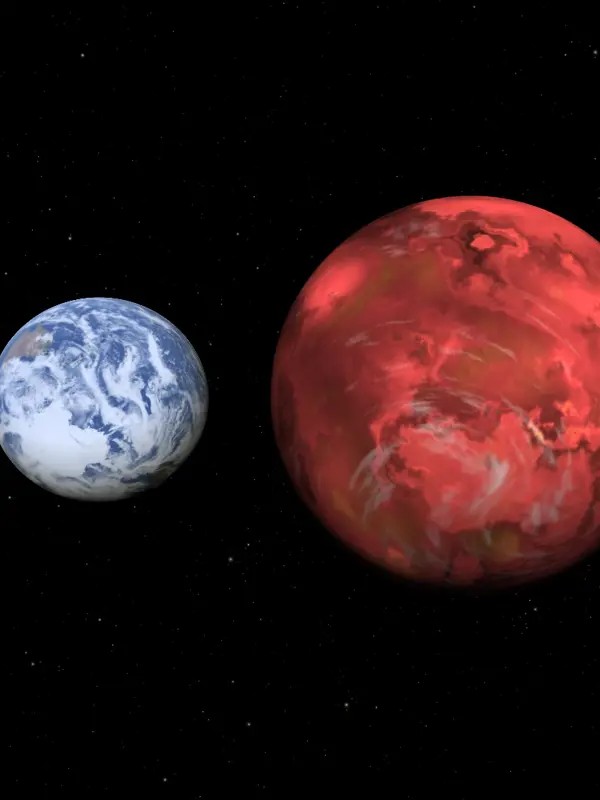
Sustainable Space Activity
The rapidly increasing needs for access to space set high requirements and emphasise the need to use and explore Space sustainably, meeting the needs of today’s society, without compromising the needs of future generations
We conduct research on novel aerospace propulsion methods, manufacturing methods and materials for space usage, with the goal of minimising negative impact on the space and earth environments. We also conduct research on sustainable habitation, considering the particular conditions of spaceships and habitats in extreme environments.
Departments with Space-related research
Research infrastructure for Space
Contact me for questions

- Assistant Head of Department, Space, Earth and Environment

